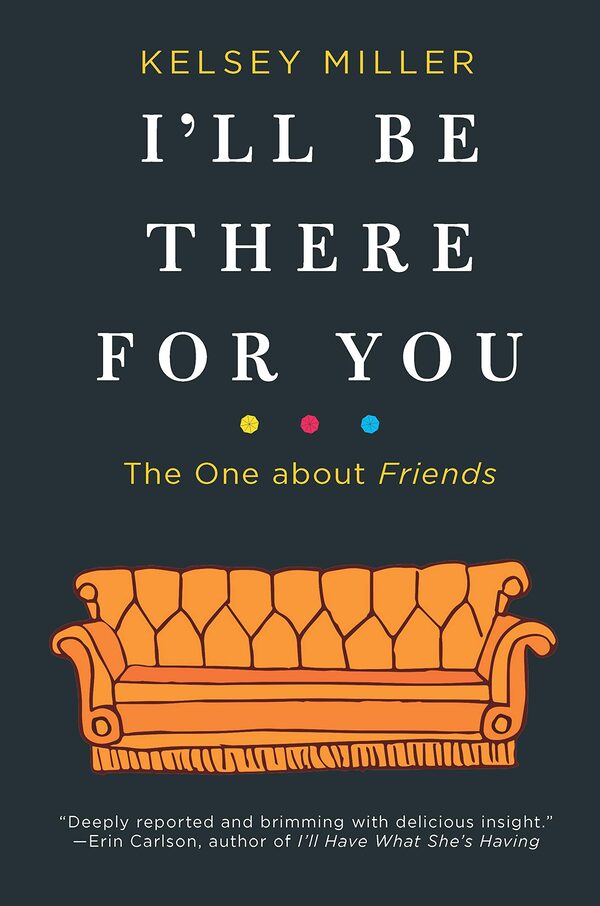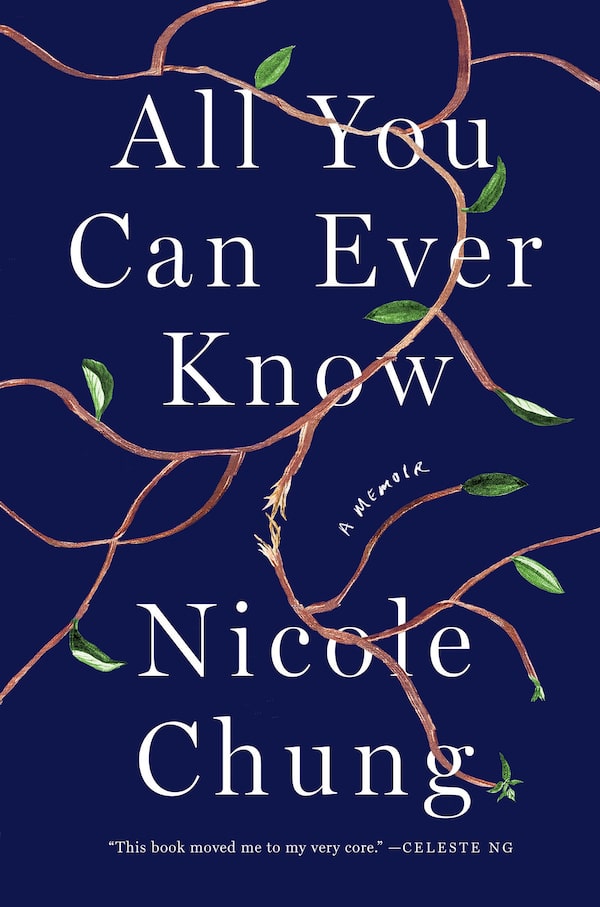Reading Into It is an occasional column where Anne T. Donahue takes stock of her recent reading.
Thinking about the past is difficult. There are bad haircuts to revisit, terrible clothes to reflect on and obsessions you clung to (that you can’t believe you ever had the mental bandwidth for). And that’s just on the surface: Usually, the more we dig into who we were, the more complicated the memories get. Sifting through all trillion versions of ourselves and our perspectives is a sobering exercise in humility. Because ultimately, it turns out we didn’t have it all figured out, what we thought was a big deal wasn’t necessarily so, or what we wrote off as something to forget about and push away is the reason we act the way we do.
This September, I released my first book of personal essays. (The first, but not the only, I hope.) And I went into its writing completely and idiotically unaware of what the past can dredge up. I figured I’d sit down, write a couple hundred pages and deliver a flawless first draft that in no way needed editing or would require me to tap into real feelings. (Because: gross.) And obviously, I was very wrong.

The thing is, when you take a deep breath and plunge into the endless abyss of everything you’ve ever done, you’ll realize how much you’re actually capable of. You’ll realize how much you’ve survived, how much you’ve learned and how many things you’ve been wrong about. Which is something I loved so much in Busy Philipps’s This Will Only Hurt A Little. I mean, yes, she delightfully drags James Franco, but the reason her tales are more than just gossip fodder is because she spends so much of the book acquainting us with Actual Busy. We spend time with the girl who tried so hard to fit in and the woman who has consistently struggled with self-worth. I came to see her as someone real, not just someone famous.
And that can be especially difficult as a writer when coupling the world of your memories with universal nostalgia.

But Allison Harrow’s 90s Bitch and Kelsey Miller’s I’ll Be There For You: The One About Friends manage to walk the same line. Despite being about cultural touchstones instead of first-person narratives, they both welcome us with the premise of revisiting something we love (a decade and a TV show, respectively), then soon introduce us to the larger social and political problems associated with each. And that’s the same approach taken by the podcast Gladiator (the Boston Globe’s investigation into the passing of Aaron Hernandez) and Karina Longworth’s The Seduced series of the podcast, You Must Remember This, where she strips the glamour from Old Hollywood to reveal the often-horrifying foundation on which we’ve built an entire industry. Because how can you really know someone (or something) until you come to know their truth?

Which is the question Nicole Chung grapples with in her excellent memoir, All You Can Ever Know. In it, she begins to question the circumstances behind her adoption and starts to build a relationship with members of her Korean birth family. But what makes her story even more compelling is her generosity with truth: She brings us with her as she’s confronted with racism, she keeps us close as she begins to ask her Mom and Dad tough questions about her birth family and we get to sit shotgun as she starts her own family and begins bridging her past and present. Because that’s the thing, no story is ever a matter of before, during and after. Few of us get the luxury of black-and-white chapters that cleanly divide our lives. And the change never stops.
For me, writing about the worst and most formative parts of my life meant that I had to trudge through everything I’d glossed over with a dismissive chorus of, “It’s over, it’s fine!” Which it wasn’t (obviously). The process also necessitated me remembering every terrible haircut. And that’s because the process of being honest is painful. When writing about yourself – authentically about yourself – you have to spend real time with every version. You have be accountable for things you’ve said and done, and worse, you have to abandon vanity when you do it. Which leads to something even more uncomfortable – we’re all works-in-progress. So I’m still trying to wrap my head around the fact that I don’t know everything right now; that I’ll absolutely look back on this time years from now and wonder what my problem was. But I’m also more willing to be certain about a lot less. Being alive can be painful, but it’s also exciting. And the more we grow, the more perspective we get. And at the very least, that may mean fewer bad haircuts.
Anne T. Donahue is the author of Nobody Cares. What are you reading right now? Let her know on Twitter or Instagram @annetdonahue.